socialmedia
Latest
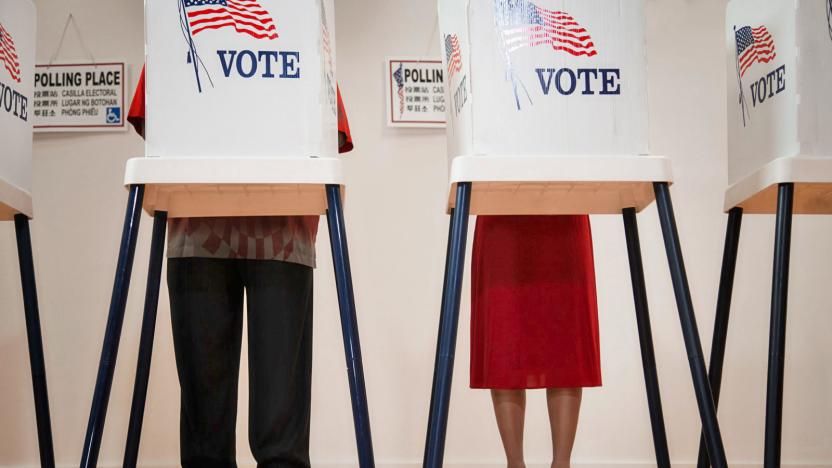
Facebook explores whether social media is good for democracy
As part of its Hard Questions series, Facebook has decided to explore the question of whether social media is good for democracy. The last US presidential election brought that question to the fore of many people's minds, directly or indirectly, as it became clear that fake news and meddling by foreign actors played not insignificant roles. For this topic, Facebook is doing something a little different, inviting three outside experts to share their thoughts on this question and those individuals include Harvard professor Cass Sunstein, social media scholar and former president of Estonia Toomas Hendrik Ilves and University of Sydney professor Ariadne Vromen.

Instagram DMs now show when you were last active
Less than 24 hours since we learned of Instagram's new text fonts for Stories, the Facebook-owned app has added another feature. But this one may not be to everyone's liking. Taking inspiration from its parent company's Messenger service (instead of Snapchat, for once), Instagram is rolling out an activity status in direct messages. With it, your pals on iOS and Android will be able to peep the last time you were online and using the app. The feature, which indicates when a person was active underneath their username, appeared with the latest version of Instagram, according to The Next Web.

Facebook adds livestream features to old videos
Facebook says its Live videos are wildly popular and generate around six times the interaction other videos do. That's why it's testing a new feature that adds the elements responsible for making Live a more engaging, interactive experience to non-Live videos on the platform. Starting today, select Groups will have access to "Watch Party," an experimental tool that creates a shared experience for multiple users. It allows administrators to post any public video on their Group, which members can then watch together at the same time. (Also, it probably helps that a billion accounts use Facebook Groups every month.) They can even leave comments and reactions that show up on screen the same way they do on Live, whatever it is they're watching.

Canada will track suicide risk through social media with AI
The Canadian government is partnering with AI firm Advanced Symbolics to try to predict rises in regional suicide risk by monitoring social media posts. Advanced Symbolics will analyze posts from 160,000 social media accounts and will look for suicide trends. The company aims to be able to predict which areas of Canada might see an increase in suicidal behavior, which according to the contract document includes "ideation (i.e., thoughts), behaviors (i.e., suicide attempts, self-harm, suicide) and communications (i.e., suicidal threats, plans)." With that knowledge, the Canadian government could make sure more mental health resources are in the right places when needed.

Germany's hefty hate speech fines for social networks start today
Starting today, Germany will fine social networks up to to €50 million (roughly $58 million) should they fail to remove posts containing hate speech within 24 hours, or seven days for "complex cases." The law, known as the Network Enforcement Act (or NetzDG), went into effect in October, but provided a grace period through the end of 2017.

US Representative calls for civics-focused social networks
In an article published today in TechCrunch, US Representative Rick Crawford called for a change in how elected officials engage with their constituents on social networks. He compared current options like Facebook and Twitter to a constituent trying to share their thoughts on a proposed law to a committee while a TV was blaring loudly in the background, spewing misinformation about the law and the elected officials. "Unfortunately, the incredible volume of highly politicized, paid advertising and misinformation diminishes the possibility for authentic communication before it even starts," writes Crawford. "The American people and their government need a new platform – or a serious modification of existing platforms – to engage each other in a more effective way."

Facebook deletes accounts of Chechnya leader hit with US sanctions
Ramzan Kadyrov, Head of the Chechen Republic and one of Vladimir Putin's staunchest allies, was a frequent Facebook and Instagram user up until recently. The controversial leader found himself locked out of both social networks on December 23rd, leaving him unable to post photos of himself snuggling tigers and death threats against Chechnya's and Russia's critics. A Facebook rep told The New York Times that the company was legally obligated to boot Kadyrov off its platforms after the US imposed financial and travel sanctions on him.

Facebook, Twitter and social media’s road to federal regulation
The extent of Russia's meddling in the 2016 US presidential election remains unclear, but it's no secret that social media played a major role. This year brought with it a great deal of scrutiny for tech giants, particularly Facebook, Twitter and Google. These three companies came under the US government's microscope after news that Kremlin bots and trolls, spearheaded by a group known as the Internet Research Agency, used their sites to tamper with the 2016 presidential election. They spread misinformation (fake news!) and dubious ads across Facebook, Twitter and Google to hundreds of millions of users in the US, with the aim of fomenting hostility among Americans. And it's safe to say they succeeded.
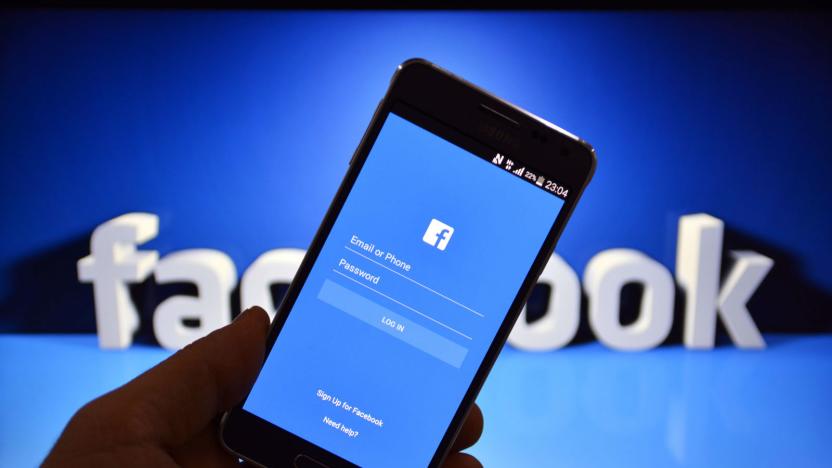
Facebook apologizes for its moderation 'mistakes'
With over 2 billion users and counting, policing Facebook is an increasingly difficult task. The unenviable job rests on the shoulders of a 7,500-strong team of content moderators (alongside the site's algorithms), who scour through tons of unsightly posts, ranging from violent terrorist material to images of child abuse. Unsurprisingly, they don't always get it right (in part due to Facebook's ambiguous guidelines). And so, yet another report of hateful material slipping through the site's cracks has emerged, this time from ProPublica.

Putin wants to police social media ahead of Russian election
Russia's president Vladimir Putin wants to start monitoring companies on social media during the country's presidential election next year, to assess just how involved they are with domestic politics. Speaking with leaders in Russia's parliament, he said "it should be carefully analysed how they are operating and will be operating during the presidential election", but didn't specify which companies would go under the spotlight, nor whether he was focusing on foreign or local firms.

CNN kills its made-for-Snapchat daily show
Four months after it launched The Update on Snapchat, CNN is canceling the daily news show. According to the Wall Street Journal's sources, CNN realized "there wasn't a clear enough path to make money" with the show. That's not the most surprising revelation - no one really knows if Snapchat shows are actually successful or how to measure the results.
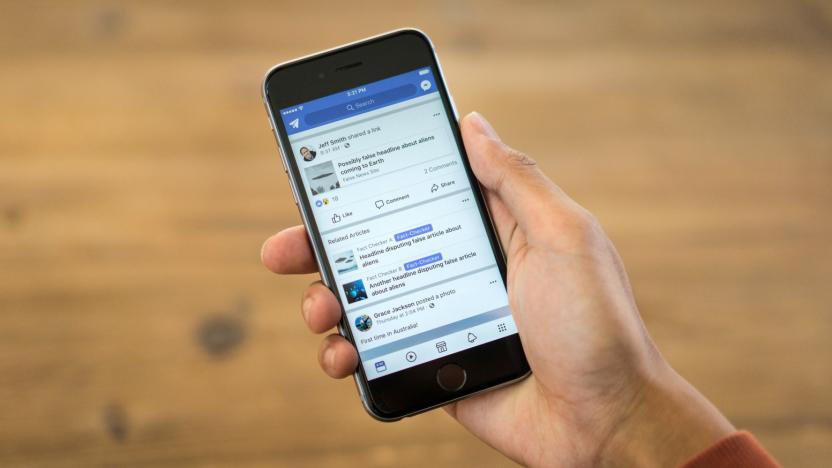
Facebook swaps fake article flags for fact-checked links
After getting dragged around the time of the general election, Facebook has spent much of this year taking steps to combat the spread of misinformation on its site. Transparency has been a staple of its mission, and so it's kept the public up to date with all the features and experiments it's juggling. One of these is the disputed flags stamped on articles identified as false -- first spotted back in March. But, it seems the feature isn't working as Facebook would've liked, which means it has to go. In a new post, the company claims it is ditching disputed flags in favor of an improved version of its related articles feature, which it originally began testing in April.
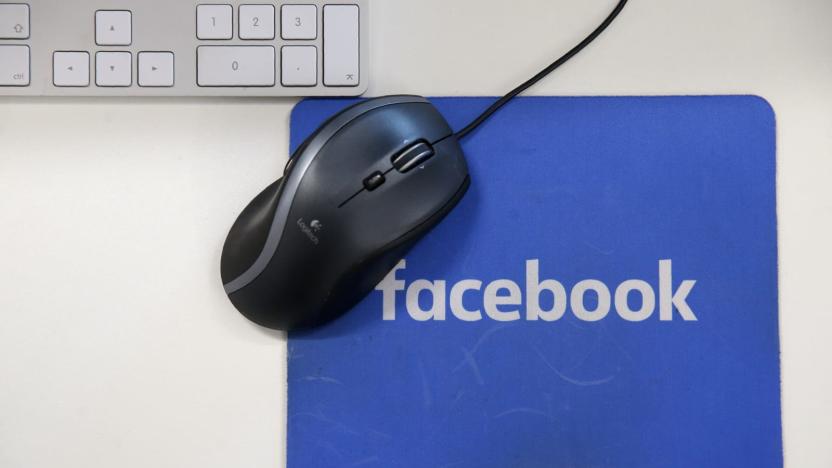
Facebook introduces new tools to fight online harassment
Facebook has been rightfully criticized for how it has handled (or not handled) harassment and abuse in the past. But today, the company announced a couple of new tools aimed at fighting online harassment and giving users more control over who can interact with them.

Facebook will alert you when someone posts your photo, tagged or not
Facebook has launched new tools powered by its facial recognition tech -- the same one that suggests friends to tag in photos. To start with, it has beefed up the alternative text feature it rolled out last year, which describes a photo's contents for people using a screen reader. For instance, the original version of the tool would describe a friend's photo with the words "may contain: tree, sky, sea." The enhanced version will include those and the names of people who could be in the photo even if they aren't tagged. Facebook's facial recognition can be pretty hit and miss, but the names can give visually impaired users a fuller view of the picture.

Facebook's government data requests continue to rise
Facebook releases a bi-annual report that details all the data requests it gets from governments. The company just shared its latest Transparency Report for the first half of 2017. In addition to the usual information, like account data, content restrictions and internet disruptions, the company is including reports from rights holders related to copyright, trademark and intellectual property counterfeiting.

Facebook tackles the question of whether social media is bad for us
As part of its "Hard Questions" series, Facebook took on the question of whether social media is good or bad for us. Citing a handful of academic studies, some done by Facebook researchers, Facebook Director of Research David Ginsberg and research scientist Moira Burke say that it can be both and it really depends on how you use it.

Steve Bannon and Breitbart spent months trying to sabotage Twitter
BuzzFeed News released a report today detailing efforts made by Steve Bannon, Milo Yiannopoulos and Breitbart News to damage Twitter. For about a year, they explored various ways to bring down the platform, tactics that included legal action, an anti-Twitter editorial campaign and attempts to push down the company's stock price.

Facebook's 'ticker,' aka creeper feed, is no more
Facebook has killed one of its oldest features, the "ticker," that let you see at a glance what your friends were doing or sharing. First launched in 2011, it used to appear to the right of your news feed (on the web app) showing likes, comments and other friend activities. As TechCrunch noticed, Facebook's help community had been posting about the ticker's disappearance, when a verified employee chimed in to say that "this feature is no longer available."
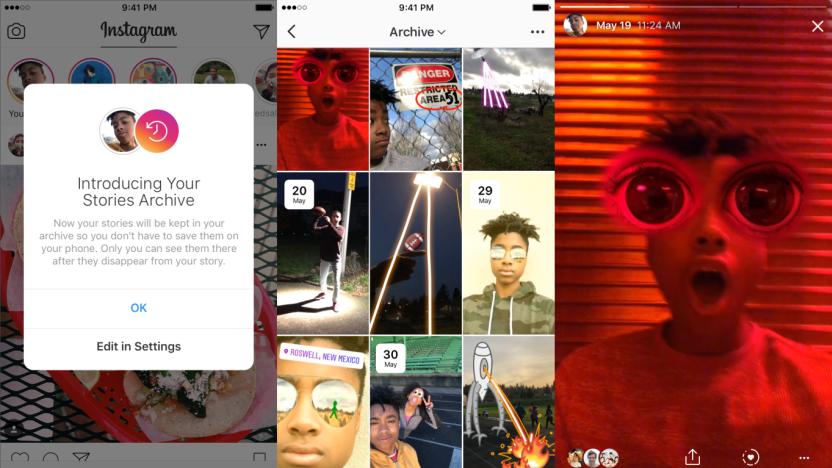
Instagram can now automatically archive your Stories
Last week, The Next Web reported on a bunch of new features Instagram was reportedly testing out and today, the platform is giving users two new ways to manage Stories. The first is the rumored Story archive. Now, Instagram will automatically save your Stories after their 24 hours are up and they'll exist in a separate archive section of your profile. You'll be able to rewatch Stories, add them to posts or add them to a new Story. And if you decide you don't want those Stories sticking around, you can turn off auto-archiving whenever you want.

Facebook is testing a 'breaking news' tag for developing stories
Facebook will set a cookie to keep you logged in, but it won't set one to remember whether you want to stick with a chronological News Feed. That sort of thing makes it hard to tell at a glance how old a story from a media outlet in your Feed might be. To counter that, the social network is giving certain publications access to a "breaking" tag for their posts. The bright red tag sits below a post's image and highlights how long ago it was published. Recode writes that publishers will be able to flag a story for between 15 minutes and six hours, and that it can be used once every 24 hours.








